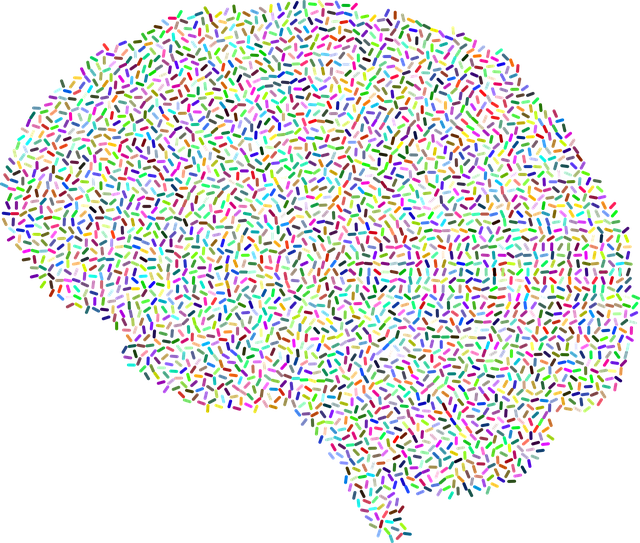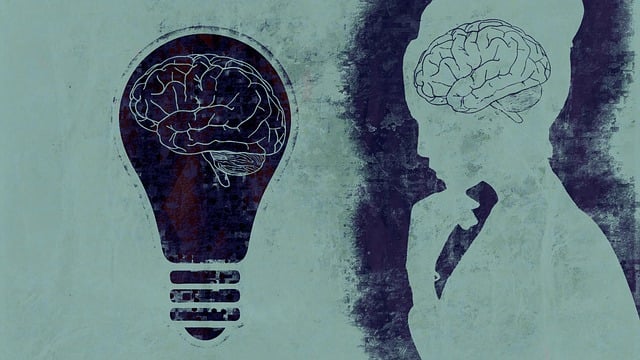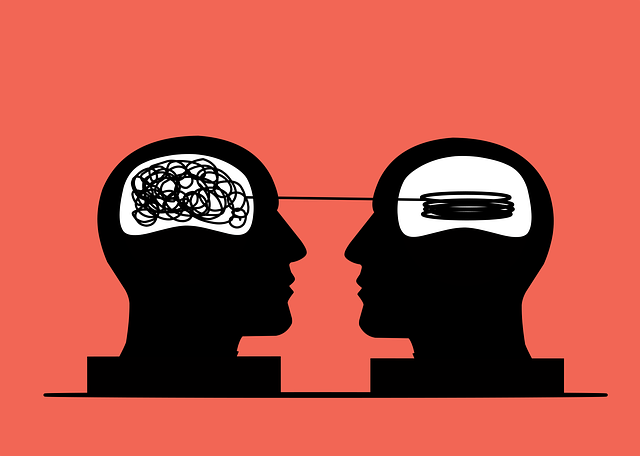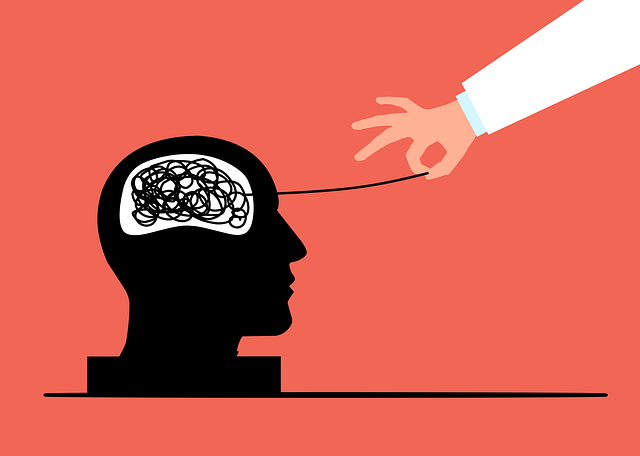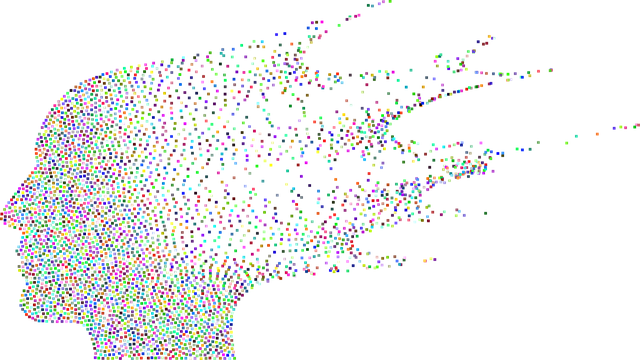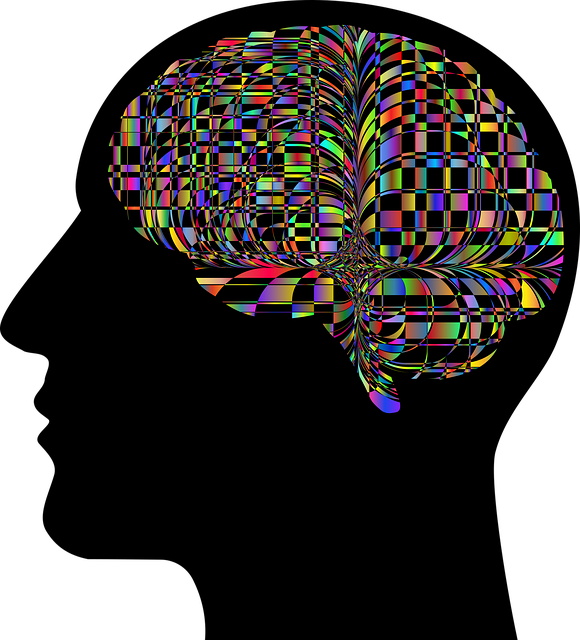The text explores the unique mental health challenges faced by the elderly, adolescents, and teens, emphasizing the need for specialized services and early intervention. It highlights that aging brings social isolation, cognitive changes, and loss, impacting emotional healing. Effective therapy tailored to these groups requires cultural sensitivity. Public awareness campaigns destigmatize mental health issues among seniors, fostering open conversations and accessible resources. In the digital age, online therapy options and community engagement initiatives revolutionize mental healthcare, promoting resilience and coping strategies for all ages. Advocacy drives policy changes, integrating mental health services into primary care and providing evidence-based therapies, ensuring tailored support for elders, adolescents, and teens.
Mental health advocacy initiatives play a pivotal role in shaping supportive communities. This article explores several key areas, including the unique challenges faced by elderly individuals, the transformative power of early intervention for adolescents and teens, accessible therapy options aimed at bridging care gaps, community engagement strategies to foster open mental health conversations, and policy changes advocating for holistic well-being. By addressing these aspects, we can significantly improve mental healthcare for all age groups.
- Recognizing the Unique Challenges of Elderly Mental Health
- The Impact of Early Intervention for Adolescents and Teens
- Accessible Therapy Options: Bridging the Gap in Care
- Community Engagement: Fostering Open Conversations About Mental Health
- Advocating for Policy Changes to Support Holistic Well-being
Recognizing the Unique Challenges of Elderly Mental Health

The mental health landscape for the elderly poses unique challenges that often go overlooked within broader healthcare discussions. As individuals age, they may face a myriad of factors contributing to their mental well-being, including social isolation, cognitive changes, chronic illnesses, and loss of loved ones. These issues can significantly impact their emotional healing processes and overall quality of life. For instance, the transition from independence to relying on others for care can be a profound source of stress and anxiety, especially without adequate support systems in place.
Therapy for elders, adolescents, and teens is not one-size-fits-all. Cultural sensitivity in mental healthcare practice plays a pivotal role in addressing these unique needs effectively. Public awareness campaigns development should focus on destigmatizing mental health issues among the elderly while highlighting the availability of specialized services tailored to their experiences. By fostering open conversations and providing accessible resources, we can ensure better emotional healing processes for this demographic, ultimately improving their overall well-being.
The Impact of Early Intervention for Adolescents and Teens

Early intervention for adolescents and teens plays a pivotal role in fostering resilience and preventing mental health issues from escalating. During adolescence, individuals often face pressures related to academic performance, peer relationships, and identity formation, which can contribute to increased stress and vulnerability to disorders like depression and anxiety. Timely therapy for elders adolescent and teen age groups can provide crucial support, helping them navigate these challenges. This intervention offers a safe space for them to express their feelings, develop coping mechanisms, and build resilience, thereby reducing the risk of long-term mental health complications.
Resilience building is a key focus in such programs, equipping teens with tools to bounce back from setbacks and stress. Additionally, healthcare provider cultural competency training ensures that professionals are equipped to address diverse populations’ unique needs, perspectives, and experiences, enhancing the effectiveness of intervention strategies. Early identification and support can significantly impact an individual’s overall well-being, encouraging a healthier trajectory into adulthood. Moreover, depression prevention initiatives targeting this age group contribute to breaking down the stigma surrounding mental health discussions, fostering open conversations that are essential for effective treatment.
Accessible Therapy Options: Bridging the Gap in Care

In today’s digital era, accessible therapy options are playing a pivotal role in bridging the gap between those seeking mental health support and the care they deserve. Online platforms and telemedicine services offer flexibility and convenience for individuals who might face barriers such as geographical constraints or social anxiety when accessing traditional in-person therapy. This is particularly beneficial for vulnerable populations, including elderly individuals who may have limited mobility and adolescents and teens who could be reluctant to seek help due to stigma or fear of judgment. By integrating technology into mental health care, we are revolutionizing access to therapeutic services, ensuring that emotional regulation becomes a more attainable goal for all.
Mind over matter principles are at the core of these innovative therapy approaches, empowering individuals to take control of their mental well-being. Online therapy sessions cater to diverse needs, from providing anxiety relief through cognitive behavioral techniques to offering specialized support for specific age groups. This inclusive practice not only addresses immediate concerns but also fosters long-term resilience and coping strategies. By expanding the reach of therapy, we are creating a more supportive environment where individuals can openly discuss their struggles and embark on their journey towards improved emotional health, regardless of their background or location.
Community Engagement: Fostering Open Conversations About Mental Health

In today’s digital era, mental health advocacy initiatives are transforming lives across diverse communities. One powerful strategy gaining traction is community engagement, which fosters open conversations about mental health among individuals from all walks of life, including adolescents and teens as well as elders. By breaking down barriers and reducing stigma, these initiatives encourage people to seek therapy and support for issues like anxiety relief and emotional regulation.
Community-driven programs often involve educational workshops, support groups, and interactive discussions led by trained healthcare providers. These efforts enhance cultural competency training among mental health professionals, ensuring they can offer sensitive and effective care tailored to the unique needs of different populations. Such inclusive practices not only strengthen community bonds but also promote better access to mental healthcare services for everyone, regardless of age or background.
Advocating for Policy Changes to Support Holistic Well-being

Mental health advocacy initiatives play a pivotal role in driving policy changes that support holistic well-being across diverse demographics, including elders and adolescent/teenage populations. By championing policies that integrate mental health services into primary care settings, we can ensure early intervention and continuous support for individuals experiencing various mental health challenges. This approach, often championed by advocates, fosters a culture of care where self-care practices and mood management strategies become integral parts of community life.
Advocacy efforts also focus on promoting evidence-based therapies tailored to the unique needs of elders and youth. For instance, incorporating cognitive behavioral therapy (CBT) alongside mindfulness techniques can empower both generations with robust mind over matter principles, enabling them to navigate life’s stressors effectively. Such policy advocacy ensures that mental health resources are accessible, affordable, and culturally sensitive, ultimately enhancing societal resilience and overall well-being.
Mental health advocacy initiatives, ranging from recognizing the unique challenges of elderly mental health to advocating for policy changes, are vital in creating a supportive ecosystem. Early intervention for adolescents and teens, accessible therapy options for all ages, community engagement fostering open conversations, and holistic well-being policies together form a comprehensive approach to addressing mental health concerns. By bridging gaps in care and promoting open dialogue, we can ensure that everyone receives the support they need, especially vulnerable populations like the elderly and young people.




